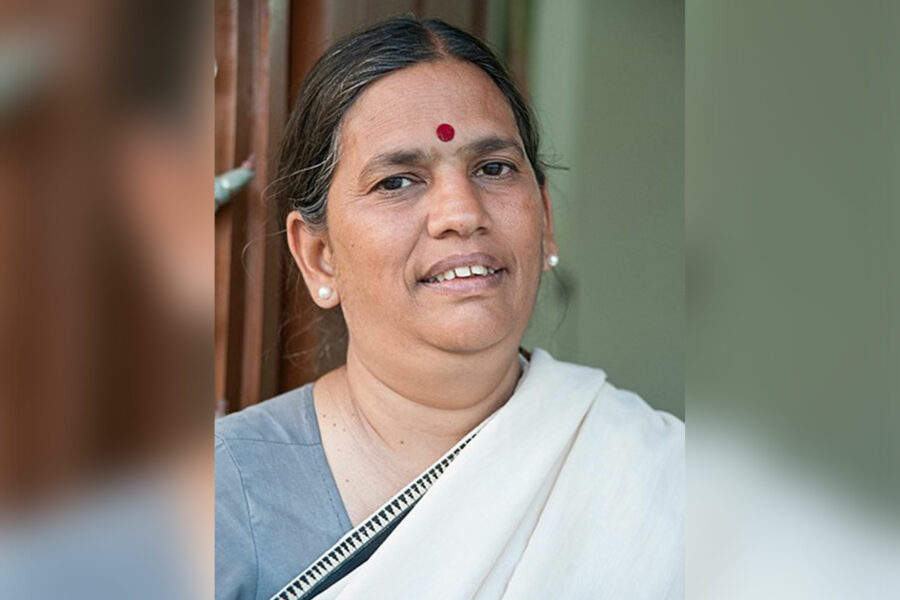A Special National Investigation Agency (NIA) Court, on Wednesday, set the conditions for the bail of Sudha Bharadwaj, one of the accused in the Bhima Koregaon case. The 60-year-old lawyer and activist, who was granted default bail by the Bombay High Court recently, is expected to walk out of jail on Thursday.
Bharadwaj will be released on the execution of a PR bond of Rs 50,000 along with one or more sureties. She has been told not to make any statements on the case to the media.
Her plea requesting permission to travel between Chhattisgarh, Mumbai, and Delhi in order to practise law was denied by the court. She has instead been directed to remain in Mumbai within the Special Court’s jurisdiction.
Bharadwaj is one of 16 activists and scholars who have been detained since 2018 under the stringent Unlawful Activities (Prevention) Act (UAPA) in the Bhima Koregaon case. The arrests were made after violence broke out during the annual celebration called the Elgar Parishad at Bhima Koregaon village in Maharashtra in January 2018, to mark the 200th anniversary of the Battle of Bhima Koregaon. In 1818, Dalits of the village fought the battle as soldiers (mahars) in the British army and defeated the Brahmin Peshwa Bajirao II.
The arrested activists, who are said to have backed the Elgar Parishad, are all accused of having Maoists links. All of them have denied the charges and have been awaiting trial for the past three years.
The Bombay High Court granted default bail to Bharadwaj on December 1, while rejecting the bail applications of the eight other accused in the same case – Sudhir Dawale, Varavara Rao, Rona Wilson, Advocate Surendra Gadling, Professor Shoma Sen, Mahesh Raut, Vernon Gonsalves and Arun Ferreira.
Contending that the Pune sessions court was not authorised to take cognisance of the case against them in 2018-19, the petitioners had argued that only a special court under the NIA Act was allowed to hear cases of those charged under UAPA.
On this basis, the petitioners had submitted that the orders that allowed the Pune police an extension to file the chargesheet in November 2018 and subsequently taking cognisance of the 1,800-page supplementary chargesheet in February 2019 would be null and void.
The Pune Police had filed a chargesheet in 2018 claiming that some documents recovered from Bharadwaj’s co-accused proved that she was an ‘active member’ of the banned organisation Communist Party of India (Maoist).
Recommended
The High Court noted that Bharadwaj had filed an application seeking default bail in November 2018, with the understanding that the 90-day period included her house arrest from August 28 to October 27, 2018. But even excluding the house-arrest period, the 90 days ended on January 25, 2019. As the supplementary chargesheet was only filed in February 2019, her bail application was valid and thus approved.
Earlier, on Tuesday, the Supreme Court dismissed an appeal filed by the NIA challenging the High Court’s order granting default bail to Bharadwaj. Dismissing the NIA’s Special Leave Petition, the apex court observed that there was no reason to intervene in the order of the High Court.
The Supreme Court agreed with the High Court’s ruling that only a special court hearing NIA cases can provide the time extension for investigation and detention under the UAPA and other sections of the CrPC.



